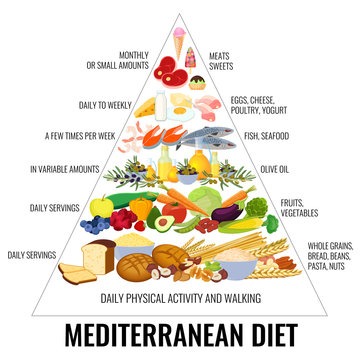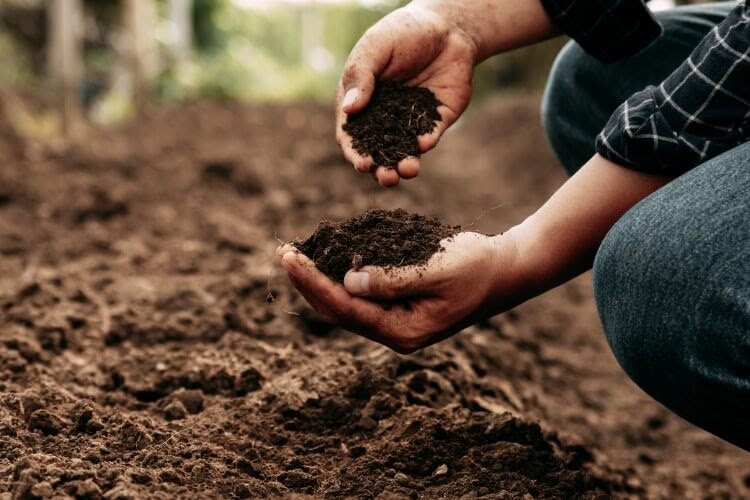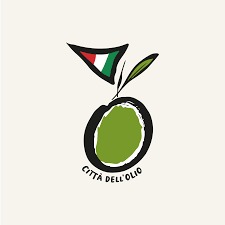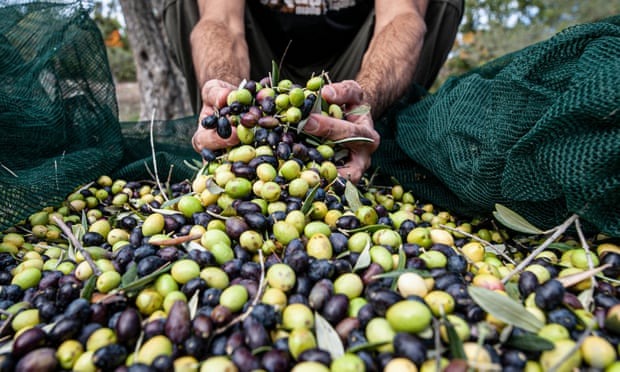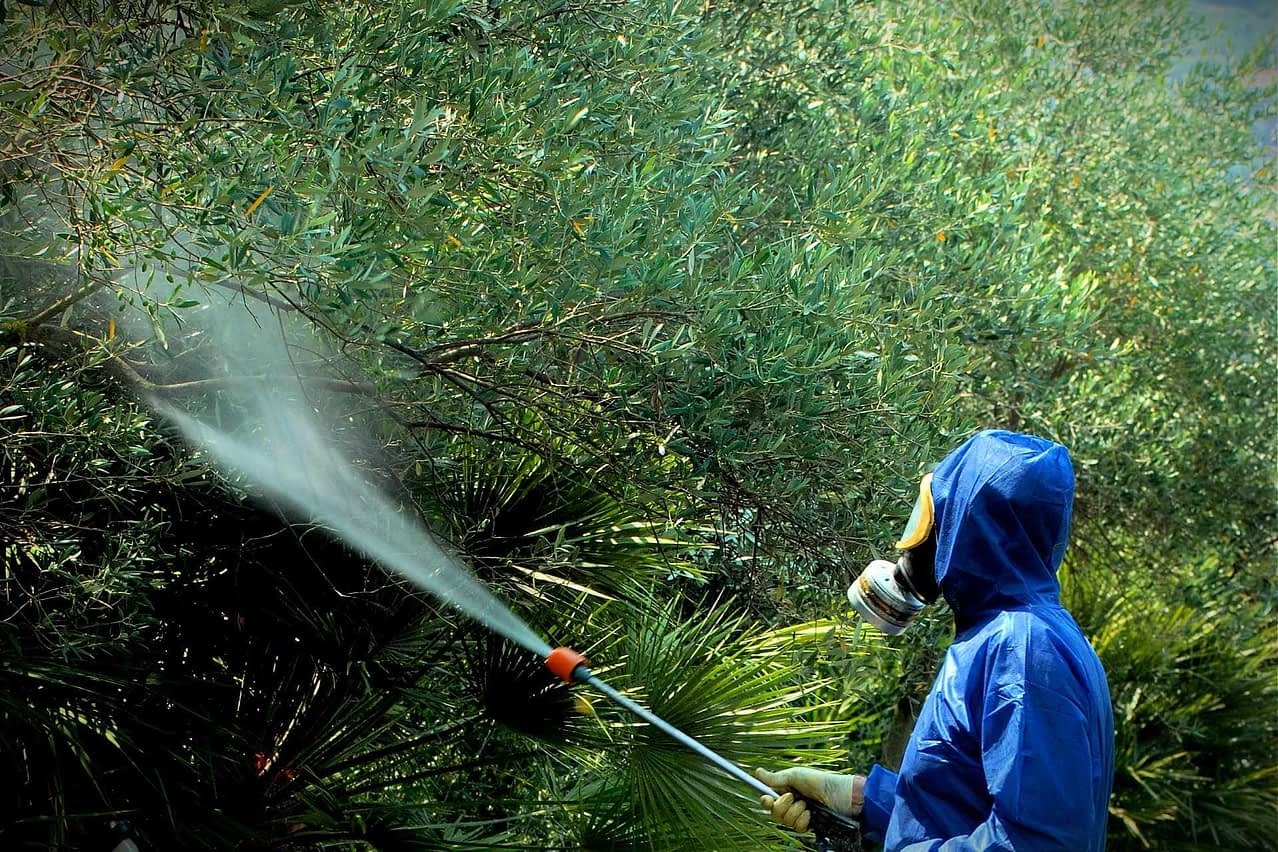
Silicon Use in the Olive grove
Jan. 8, 2025
More defenses for the olive tree by fertilizing with silicon
The results of a large-scale study by the University of Cordoba
Although it is not an essential element for plant growth, silicon increases their tolerance to biotic ( such as parasites and diseases ) and abiotic ( drought or salinity ) stress. Its effects, according to the University of Cordoba , Spain, have been little studied in general, and even less for the olive tree . Therefore, the study that a team of researchers from this University has published is interesting, defining the most effective dose, the method of application and its consequences in terms of absorption, accumulation and distribution of silicon in the organs of some olive varieties.
“We apply different doses and quantify how much enters the plant and in which organs it accumulates ,” the researchers explained. The results show that silicon accumulation in olive trees increased , regardless of the variety, and that it was concentrated in greater proportion in the roots and, later, in the leaves .
The right dose
Although, to a greater or lesser extent, all plants contain this element, it has been demonstrated that the application of an additional contribution of silicon increases its beneficial effects . In this case, the adequate dose to obtain these benefits, and which is not harmful to the olive tree, is 20 mg. per liter .
Foliar or soil application?
As for the application method, the suitability of the two methods studied was verified, the application of silicon on the leaves and its contribution to the plant in the soil , through fertigation. "This result is very interesting, because it allows it to be done both in dry and irrigated olive groves" the researchers underlined according to whom, moreover, the use of this element in plant nutrition - as a strategy to help them against parasites, diseases or drought - is also advantageous from the point of view of sustainability , since it would allow us to stop using other chemical synthesis products that are harmful to the environment.
Considering that silicon acts both by internally stimulating the plants' defenses and by creating a physical layer on the leaf (when it reaches the leaf, in fact, it forms a sort of gel) that protects it from agents such as fungi or insects, this study also proposed the use of foliar application with several annual repetitions to gradually cover all the new leaves.
With this work, according to the researchers, progress is being made on the path to sustainable nutrition of olive groves based on an element that, for now, farmers do not usually include in their fertilization plans.

